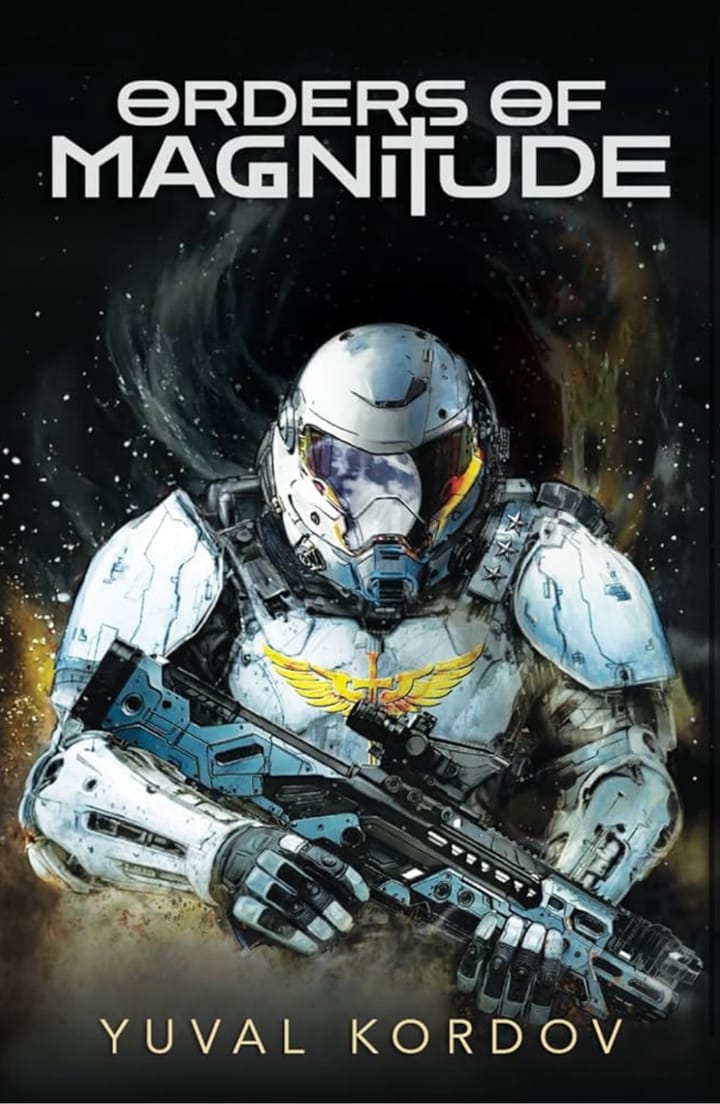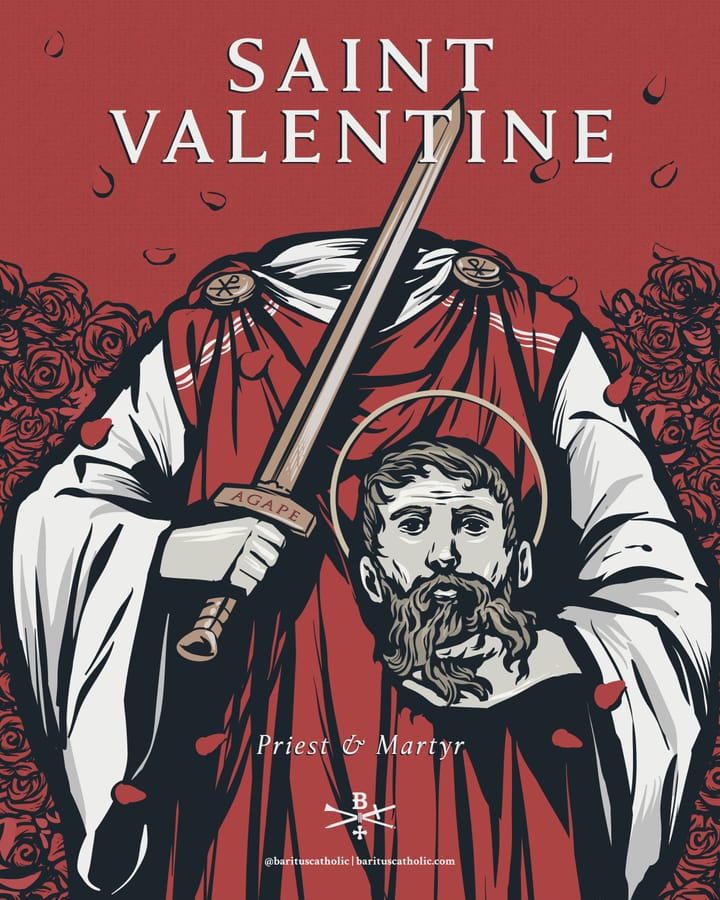The Long View: The Last Crusade
This is not a review of the third Indiana Jones movie of the same name, but rather of a recent history of the Spanish Civil War by Warren Carroll of Christendom College. Carroll is a partisan of the Carlists, one of the factions that made up the Nationalist side In that war. Carroll does his best to paint the Carlists in the best possible light, but that war was just too awful to be edifying.
The Carlists are among the great losers of modernity. Not only did they never even come close to restoring their preferred successor to the Spanish throne, but they found themselves a junior partner in the rightist coalition that won the Spanish Civil War, without much influence during or after the conflict. The Carlists still exist as a party in Spanish politics, but without much success.
In his now alternative history, the CoDominium, Jerry Pournelle used interstellar migration as a safety valve that allowed the malcontents and the dispossessed to escape their failures on Earth. The Carlists were among these, and in the short story, His Truth Goes Marching On, Pournelle revisits the Spanish Civil War as future history. Written in 1975, but set in 2077, this story exhibits the curious stasis of the twentieth century. In some ways, nothing of importance really changed in the twentieth century. The same ideological conflicts were fought out again and again, without an enduring resolution. Thus when the Bureau of Relocation starts dumping the Earth's poor and unwanted on the Carlists to buy more time for Earth to avoid revolution, the same right/left traditional/progressive conflict is setup that happened in Spain in the 1930s. It seemed plausible in 1975, and it still seems plausible in 2015. We are still reading from the same script, after all this time.
The Last Crusade
"There are no neutral books on the history of the Spanish Civil War," Warren Carroll tells us in his Introduction to this brief treatment of the subject. His book is, as he promises, certainly no exception. Carroll is the founder and former president of Christendom College of Front Royal, Virginia, one of the more successful of the small liberal arts institutions founded in the past quarter century to promote Great Books and conservative Catholicism. He is the author of numerous works on twentieth century politics and church history, including the only modern account of the Monophysite controversy in my experience to exhibit real partisan heat. Perhaps predictably, whatever sympathy he has for the Republic is easily restrained.
Nevertheless, it would be too simple to describe this book as pro-Nationalist. The insurgents in the Spanish Civil War, like the supporters of the government they were fighting, comprised several major factions, from genuine fascists to traditionalist monarchists. Carroll is partisan for a division of the latter called the Carlists, who were chiefly based in the province of Navarra in northern Spain. The losers in another, far less devastating civil war sixty years before, the Carlists combined support for an improbable pretender to the Spanish throne (vacant in any case since the founding of the Second Spanish Republic in 1931) with what appears to have been a Catholic integralist approach to social theory.
At a popular level, opposition to the Republic was in large part a reaction to the regime's anti-religious policies. (Perhaps it would be more accurate to say, outrage over the Republican government's indifference to the freelance church-burning and priest-shooting by radical socialist factions that broke out after the murky election results of 1936). This was the sort of sentiment which the Carlists were well-placed to organize. However, though the movement contributed elements of the Nationalist program both during and after the war, they were never in any position to dictate policy, much to Carroll's chagrin.
The book is most concerned with the first six months, from the raggedly-executed coup by the Nationalist generals in July of 1936 to the successful defense of Madrid in November and December by Republican forces. While the latter was, of course, a notable defeat for the Nationalists, Carroll's book does not read that way. The narrative is built around the siege of the Nationalist garrison in the Alcazar citadel of Toledo and its relief by Franco's forces, apparently just in the nick of time. The diversion of those forces to Toledo is sometimes credited with losing the Nationalists the battle of Madrid. The advantage to telling the story from the garrison's point of view is that few participants in war make such sympathetic subjects as people under siege. In any case, the rescue of the garrison did a great deal for Nationalist morale.
Partisan historical accounts like this are often valuable. Carroll evinces a quite literal take-no-prisoners attitude, which may do more to illustrate the spirit of both sides to the conflict than an extended discussion of its merits would have. Besides, partisans know things you would not otherwise hear about. It was news to me, for instance, that Franco was flown from the Canary Islands to take charge of the insurgent army in Spanish Morocco by an English plane and pilot, arranged through the good offices of English Catholics. I was also surprised to learn that the Vatican did not recognize the Nationalist government until August of 1937, despite the fact the Republicans murdered 12% of the total number of Spanish clergy. The delay was due to the fact the Church had not been suppressed in the Basque provinces of the Republic, and the Vatican was leaving its options open until the Nationalists conquered them.
It is remarkable to read an account of societal collapse in the 1930s that does not mention the economic depression. More specifically, it is remarkable to read an account of the Spanish Civil War that does not mention Guernica. Still, the book is not pure propaganda, since it does cite facts contrary to its thesis. Carroll characterizes the war as, literally, a crusade, and takes every opportunity to recall the 700-year long Spanish Reconquista of the Iberian Peninsula from the Moors. Nevertheless, he does not conceal the fact the army that Franco led to the relief of the crusaders at Alcazar was largely a Moorish force. Well, Carroll observes, these were pious Muslims.
Carroll's theological approach to the war actually makes it difficult for him to critique the Republican side coherently. The whole of it appears to him as a uniform blackness of apostasy and malice, every part of which merits condemnation equally. While it is true that the Republic seems, on the whole, to have been a pretty creepy polity, still distinctions should be made. The most ferocious and least defensible elements on the Republican side (to the extent they were on anybody's side) were the anarchists. They were chiefly responsible for the wave of murder and arson that moved the Right to revolt in the first place, and they maintained a reign of terror in the areas they controlled until their suppression by other elements on the Left. The same fate befell the Marxist but non-Stalinist POUM party, whose persecution by the Communist Party in communion with Moscow seems to have simply emulated the purges going on in the Soviet Union at the same time. There were moderate socialists, though their organizations were so infiltrated by the Comintern agents and sympathizers that their independence was in fact nominal. (The Socialist and Communist youth groups, for example, merged three months before the war broke out.) Supporters of parliamentary democracy were present, but futile and anachronistic.
The Republican government itself, if by that you mean the premier and the cabinet, was a nominal affair throughout the war, whose actual conduct was in the hands of individual ministers and political factions. While it is reasonably clear that the Communist Party controlled the conduct of the war after the International Brigades played such a signal role in the defense of Madrid in late 1936, the argument is still made that the regime as a whole was not Communist in character until at least that point. If that is the case, then it was a government not under effective communist control that shipped most of Spain's considerable gold reserves to the Soviet Union in October of that year, never to be seen again. Maybe they were just stupid.
Despite Carroll's best efforts, there is nothing edifying about the Spanish Civil War, either with regard to its conduct or its outcome. Franco's government continued shooting people until 1959 for their support of the Republic. Of course, there would have been nothing edifying about it had the other side won, either. Whatever you can say about the Spanish Left, they were certainly no less relentless and vindictive than their Rightist opponents. Furthermore, a leftist regime in Spain might have given the Germans all the incentive they needed to invade the country when they were through with France. The British would have lost Gibraltar, which might have lost them the Mediterranean, which would probably have lost the Allies the war. The actual Crusades so beloved by Carroll did not lack for atrocity and cruelty, but they still had many positive aspects. Regarding the Spanish catastrophe of 1936 to 1939, however, all you can say is that the less bad side won.
Culture Wars
Copyright © 1997 by John J. Reilly



Comments ()